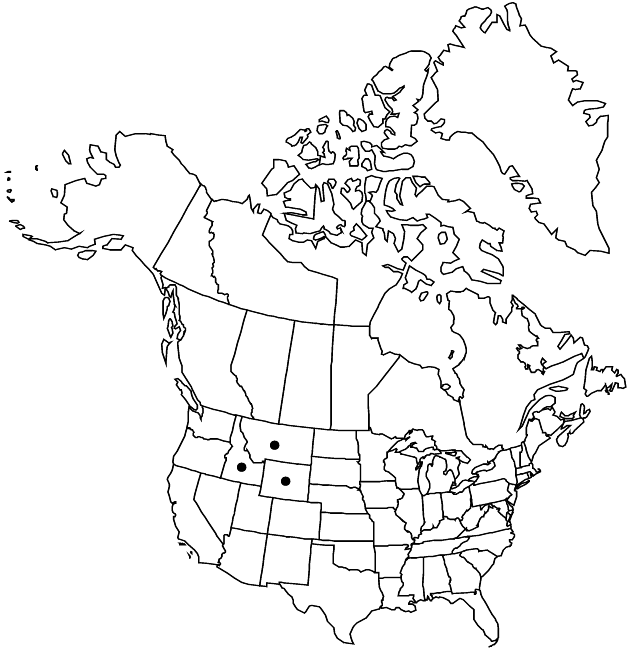Difference between revisions of "Erigeron rydbergii"
Brittonia 6: 191. 1947.
FNA>Volume Importer |
imported>Volume Importer |
||
| (2 intermediate revisions by 2 users not shown) | |||
| Line 8: | Line 8: | ||
}} | }} | ||
|common_names=Rydberg’s fleabane | |common_names=Rydberg’s fleabane | ||
| + | |special_status={{Treatment/ID/Special_status | ||
| + | |code=E | ||
| + | |label=Endemic | ||
| + | }} | ||
|basionyms= | |basionyms= | ||
|synonyms= | |synonyms= | ||
| Line 45: | Line 49: | ||
|publication title=Brittonia | |publication title=Brittonia | ||
|publication year=1947 | |publication year=1947 | ||
| − | |special status= | + | |special status=Endemic |
| − | |source xml=https:// | + | |source xml=https://bitbucket.org/aafc-mbb/fna-data-curation/src/2e0870ddd59836b60bcf96646a41e87ea5a5943a/coarse_grained_fna_xml/V19-20-21/V20_620.xml |
|tribe=Asteraceae tribe Astereae | |tribe=Asteraceae tribe Astereae | ||
|genus=Erigeron | |genus=Erigeron | ||
Latest revision as of 21:04, 5 November 2020
Perennials, 2.5–6 cm; taprooted, caudex branches relatively short, thick. Stems erect, finely hirsutulous to villosulous, eglandular. Leaves mostly basal (persistent); blades linear-oblanceolate to narrowly spatulate, 10–50 × 1–3 mm, cauline mostly on proximal 1/2 of stems, reduced distally, margins entire (apices obtuse to rounded), abaxial faces glabrous, adaxial glabrous or sparsely villous, eglandular. Heads 1. Involucres 5–6 × 7–12 mm. Phyllaries in 2–3 series, densely and finely hirsuto-villous (hairs without colored cross walls), minutely and inconspicuously glandular. Ray florets 15–35; corollas usually bluish to purplish, rarely white, 6–9 mm, laminae coiling. Disc corollas 3.7–5 mm. Cypselae 1.8–2 mm, 2-nerved, faces sparsely strigose; pappi: outer of setae, inner of 15–20 bristles.
Phenology: Flowering Jun–Aug.
Habitat: Open subalpine to alpine slopes
Elevation: 2000–3200 m
Distribution

Idaho, Mont., Wyo.
Discussion
Selected References
None.